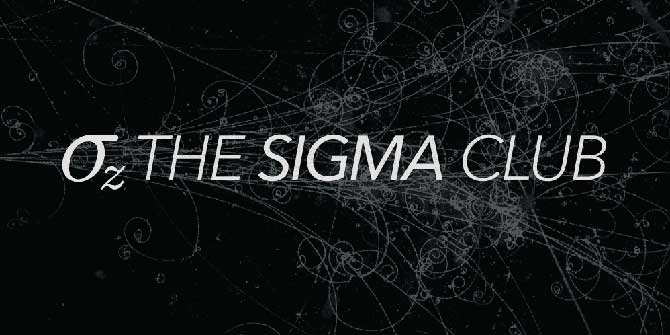Event Categories: BSPS Choice Group Conjectures and Refutations Popper Seminar Sigma Club

- This event has passed.
Simon Saunders (University of Oxford): ‘Quantum mechanics and intrinsic probability’
28 November 2024, 4:30 pm – 6:00 pm
Event Navigation

This is a Bristol-London-Oxford-Cambridge (BLOC) Philosophy of Physics event.
Abstract: I examine the concept of interval or imprecise probability as applied to any admissible ensemble of microstates, in which the probability of a projector P in an ensemble is bounded by the frequency of +1 eigenstates (lower bound) and 0 eigenstates (upper bound). Given a Hilbert space H and quantum state |psi>, an admissible ensemble is defined by (any) equi-amplitude decomposition of the state (so the ensembles are necessarily finite). It is a simple matter to see that all such interval probabilities for fixed |psi>, H, and P are mutually consistent, and that in the limit of large ensembles, they approximate the Born-rule quantity <psi|P|psi>.
This account of probability is synchronic, so independent of the dynamics, and independent of the basis, and of whether any experiment is performed, or any evaluation by any agent. So it plausibly counts as ‘intrinsic’. I also consider its implications for the Everett interpretation, and its connection to Gibbs’ analysis of probability, which it closely follows.
Simon Saunders is a Professor at the University of Oxford. He is interested in philosophy of physics, philosophy of science, and philosophy of mathematics, particularly in relation to foundational questions in quantum theory, relativity, and cosmology.

